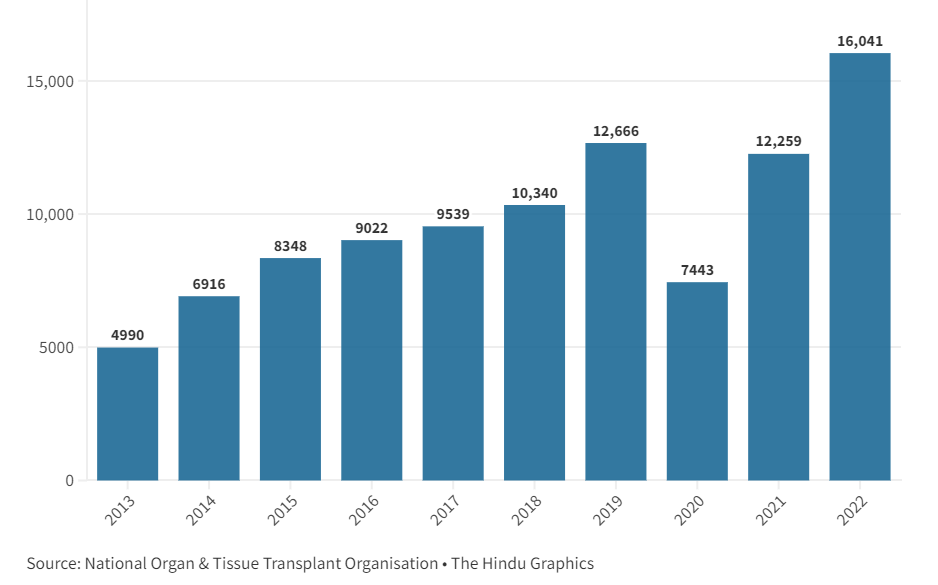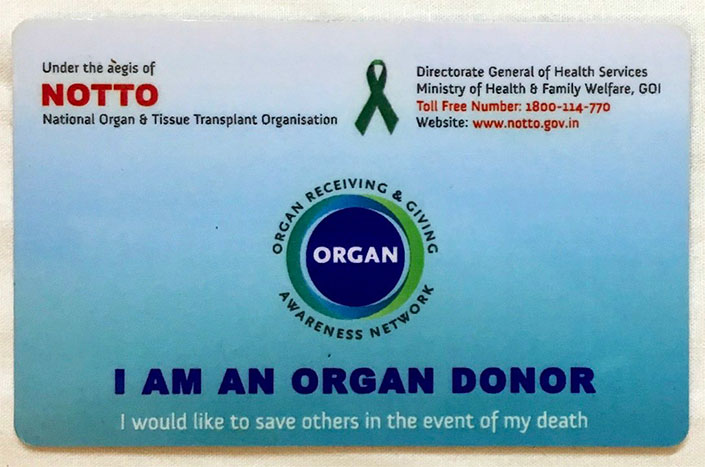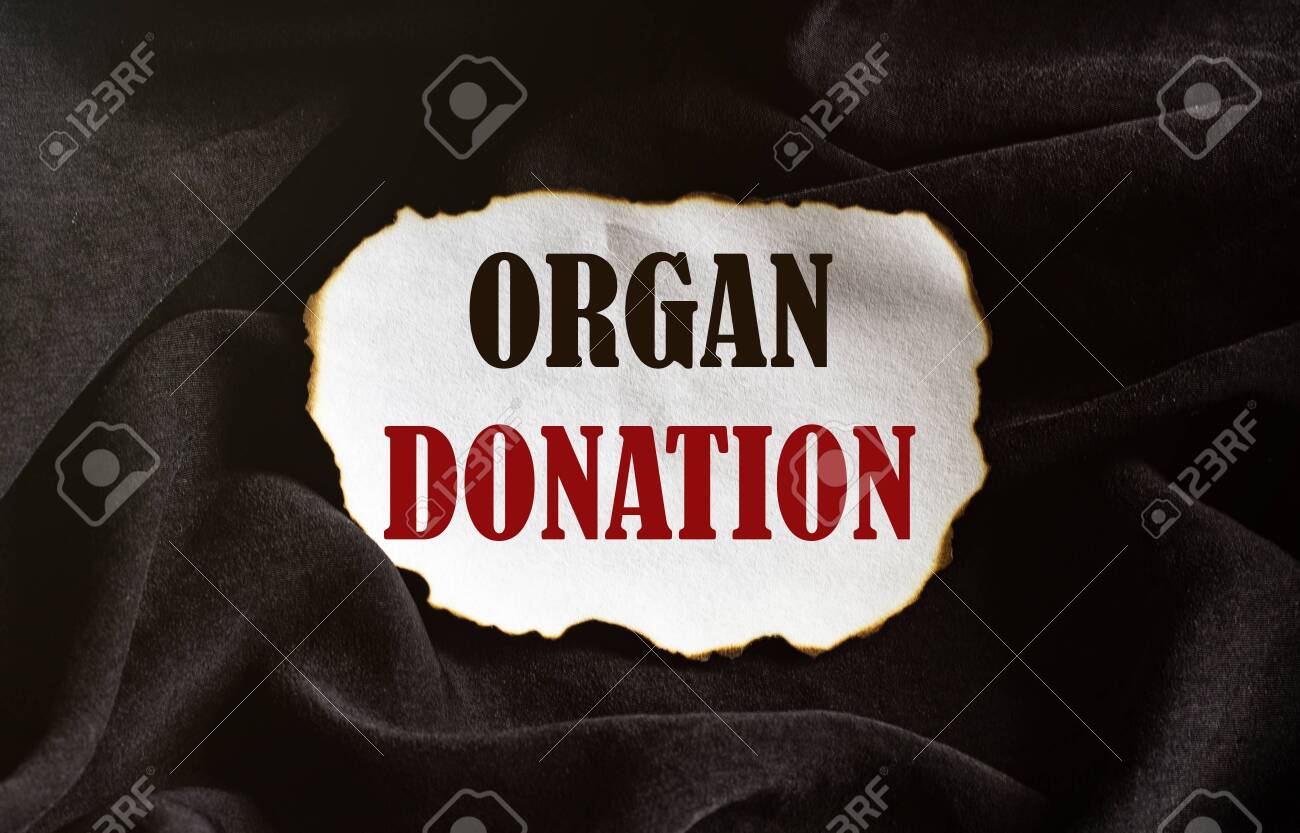With a waiting list of over three lakh patients and at least 20 persons dying each day waiting for an organ, India’s paucity of organ donations, especially deceased donations, has been exacting a steep toll. According to the Health Ministry’s own data, the number of donors (including deceased) only grew from 6,916 in 2014 to about 16,041 in 2022.
Inadequate rise
The chart shows the number of organ donors, according to data from the Ministry of Health. A total of 16,041 donations were recorded in 2022.

Data from 2022 show India’s poor record in deceased donations. The country registered 1,589 kidney transplants, 761 liver and 250 heart transplants in the deceased category in 2022. Kidney and pancreas transplants grew from three in 2014 to 22 in 2022. In contrast, living donor kidney transplants rose from 4,884 in 2014 to 9,834 in 2022. Liver transplants in this category grew from 1,002 to 2,957
One donor, eight lives
One deceased organ donor can save up to eight lives. Two donated kidneys can free two patients from dialysis treatments. One donated liver can be split among two patients on the waitlist. Two donated lungs mean two other patients are given a second chance, and a donated pancreas and donated heart translate to two more patients receiving the gift of life.
One tissue donor — someone who can donate bone, tendons, cartilage, connective tissue, skin, corneas, sclera, and heart valves and vessels — can impact the lives of as many as 75 people.
Today, India has greater awareness about organ donation and doctors say more families are coming forward for this noble deed. Indraprastha Apollo Hospital, Delhi, late last year witnessed the family of a 14-year-old brain-dead patient donate his vital organs to save the life of six persons

Take a pledge, create a living will
Medical tests are not required to register for organ donation. Those who wish to donate their organs can fill up the pledge form on NOTTO’s website. One can also do so via registered non-government organizations (NGOs) or authorized hospitals. But a pledge alone doesn’t guarantee organ donation. Hospitals still require the consent of the deceased’s family.

